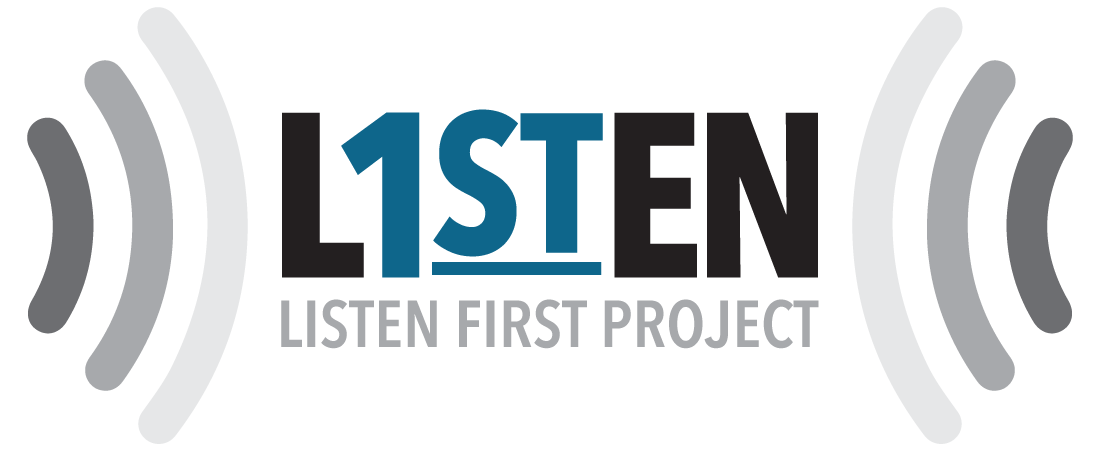When I was a teacher, I was often assigned the students who were considered “difficult”. Usually, they were from homes diametrically opposed to my white suburban upbringing. These students often came from backgrounds and personal experiences that I could not even fathom living through as an adult. Homelessness. Poverty. Hunger. Violence. You name it, each student was different; yet, many shared a common theme. They were angry, frustrated, and often, let down by adults who never listened You see, most of them spent hours in administrative offices being talked to, rather than heard. They would go through court systems and social workers who stopped looking at them like a person and ticked them off as yet another statistic. Each had been told in one way or another that they just didn’t fit into society’s expectations. And yet, they were often some of my favorite students to this day.
I am not going to lie, teaching is one of the hardest professions a person can do. And these students often tested my limits of patience and perseverance. But what I had found is that if I stopped talking and being the person who lead the conversation, if I gave them a safe space to be themselves, even in anger, I could reach them a lot easier. And often, if I was willing to show vulnerability, ask questions to gain understanding, or even sit quietly while the student would scream out the anger, I would find a student who over time transformed from an angry, withdrawn kid into a talkative, eager student. When we give people safe spaces to speak, withholding judgement in order to probe into the heart of what the issue is about, we are often surprised to find out we aren’t so different after all.
I remember a student, who would sit and talk with me before school about basketball. He loved the Cavs and I was a former coach and player who just loved Kevin Love. He was just happy that someone cared about his opinion, even though neither of us were ever contacted by the Cavs to coach. And in return, I got an attentive and more respectful student who started turning in his homework. At the end of the day, my students wanted to same things I wanted for myself: safety, comfort, acceptance, and the knowledge that no matter how bad things got, they would and could get better.
Today, we are living in a society where so many people feel angry, unheard, unvalued, and isolated. I see the same anger in friends, families, and strangers as I did in my students. The fear. The feeling that what is happening is beyond their control, and that they can no longer, with certainty, say everything will be alright. And while a single vote never seems like it matters, it does. It’s a ripple in the pond. It’s how we start to change currents and refocus our lives back to those fundamental needs: comfort, safety, and acceptance. And voting doesn’t mean that the work is done once ballots have been cast. It requires us to all sit at the table with people who are angry and give space. It requires us to work harder to find common ground, and to continue to advocate for ourselves, but even more so for the people of this country who have felt silenced and unheard for too long.
Written by: Kristin Tarase

